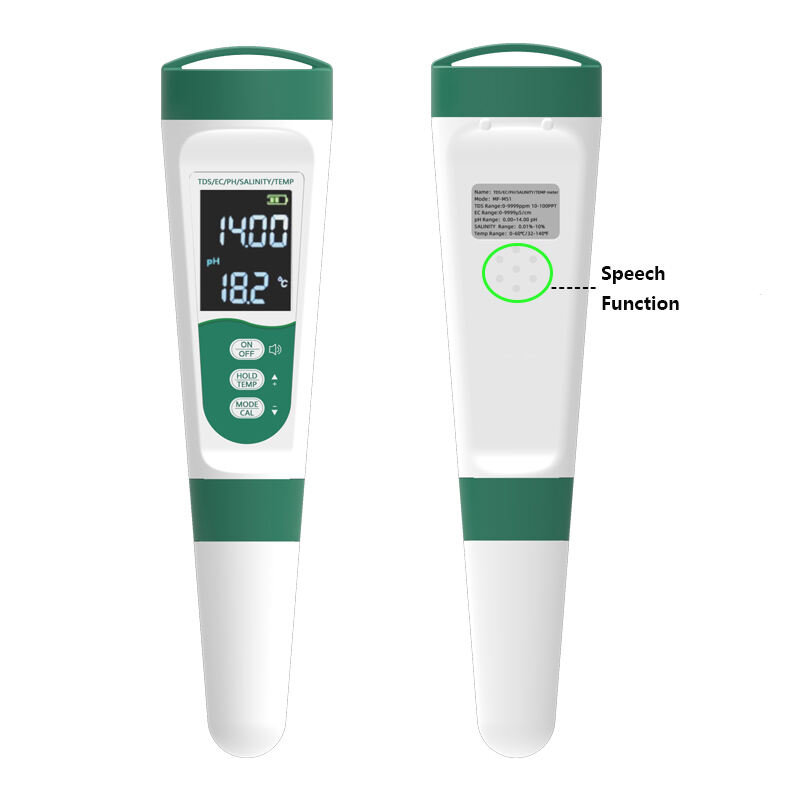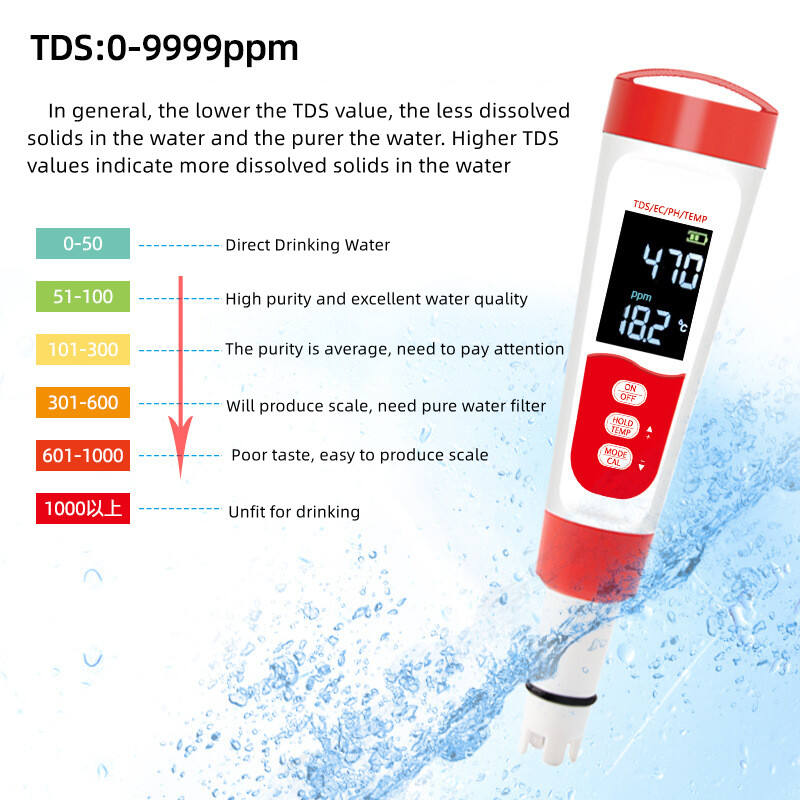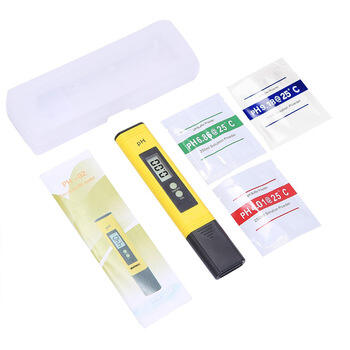testiralnik tla digitalen
Digitalni testiralnik tla je napreden elektronski pripomoček, ki je zasnovan za točno merjenje ključnih parametrov tla, pomembnih za optimalno rast rastlin. Ta inovativen orodja kombinira točne senzorje s digitalno tehnologijo za merjenje ravni pH, vsebine vode, temperature in ravni živin v tlu. Pripomoček ima LCD prikaz, ki prikazuje trenutne meritve, kar omogoča obeh strojnim kmetom in domačim vrtovarjem preprosto pridobivanje takojšnjih rezultatov analize tla. Sodobni testiralniki tla pogosto vključujejo več sond, ki jih je mogoče vstaviti neposredno v tlo, kar ponuja merjenja glede na globino za podrobnejšo analizo tla. Te naprave običajno delujejo na standardnih baterijah in vsebujejo mikroprocesorsko tehnologijo, da zagotovijo točne in zanesljive meritve. Mnogi modeli imajo tudi možnost beleženja podatkov, kar uporabnikom omogoča spremljanje stanja tla skozi čas in shranjevanje meritev za kasnejše uporabo. Uporaba digitalnih testiralnikov tla se razširja po različnih sektorjih, od komercialnega kmetovanja in raziskovalnih središč do domačih vrtov in notranjega kultiviranja rastlin. Ti pripomočki so posebej vredni za določanje optimalnih razporedov gnojenja, časovnice zalivanja in splošne ocene zdravja tla. Tehnologija pomaga uporabnikom, da sprejmejo informirane odločitve o izboljšanju tla in skrb za rastline, kar končno pripomore k boljšim sadovitim rezultatom in zdravшим rastlinam.


